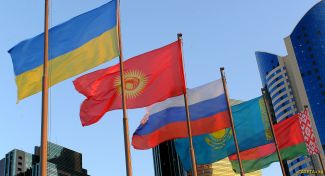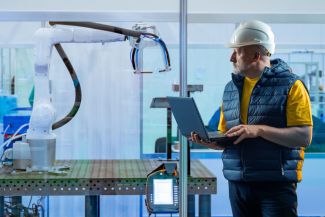
On September 6, 2024, the Council of the Eurasian Economic Commission (EEC) adopted Decision No. 61 introducing amendments to the Technical Regulation TR CU 005/2011 On Safety of Packaging. These changes came into force on March 5, 2025.
Key Changes at a Glance:
- Terms such as "Customs Union" have been replaced with "Union," reflecting the current name "Eurasian Economic Union (EAEU)."
- The form of conformity assessment remains unchanged: packaging is still subject to the EAC declaration.
A clearer distinction is now made between packaging types subject to declaration under schemes 3d, 4d, or 6d.
These schemes differ in that the involvement of an accredited testing laboratory is required for the issuance of a declaration.
This includes:- Packaging for food, including baby food,
- Packaging for perfumes and cosmetics that come into direct contact with the packaged product,
- Packaging for toys and children's products that come into direct contact with the child's mouth
Other types of packaging are subject to schemes 1d or 2d.
- Declaration obligation for used packaging is eliminated: packaging and closures that have already been in use are no longer subject to conformity assessment under TR CU 005/2011.
- Conformity documents may now be stored in electronic format.
Transition Period
Certificates of conformity already issued will remain valid until their expiration date.
Companies placing packaging on the market should familiarize themselves with the new requirements and adjust their conformity assessment procedures accordingly.
More information about EAC certification for packaging can be found in our article "EAC Certification for Packaging".
How Can We Help?
In this rapidly evolving regulatory environment, Schmidt & Schmidt offers comprehensive support for exporters to EAEU countries. Our range of services includes EAC certification, adaptation to specific product categories, and customized solutions to meet the technical and legal requirements of these markets. We are committed to making market entry and expansion in these regions easier for companies by providing up-to-date information and guidelines.
Technical expertise, attention to detail, and accuracy in document preparation are essential for the smooth distribution and use of products, machinery, or equipment within the EAEU. Technical documentation must also be written in Russian or the official language of the member country in which the product is sold or used. To avoid any issues, we are happy to assist you in preparing new technical documentation or reviewing existing documents for completeness and linguistic and terminological accuracy in Russian.
Thanks to their many years of experience, our experts can also offer you specific industry knowledge in the fields of plant engineering, mechanical engineering, metalworking, metrology, electrical engineering, automation, medical technology, food processing, and the furniture industry.
What is an EAC Certification?
In our video, we explain what an EAC Certification is and how and where to certify or declare your products for the introduction on the EAEU market.
The EAC Certification and the EAC Declaration are complex procedures that attest your products the conformity with the technical regulations of the EAEU and require a lot of know-how. Schmidt & Schmidt will support you with the certification of your products for the EAEU market.





